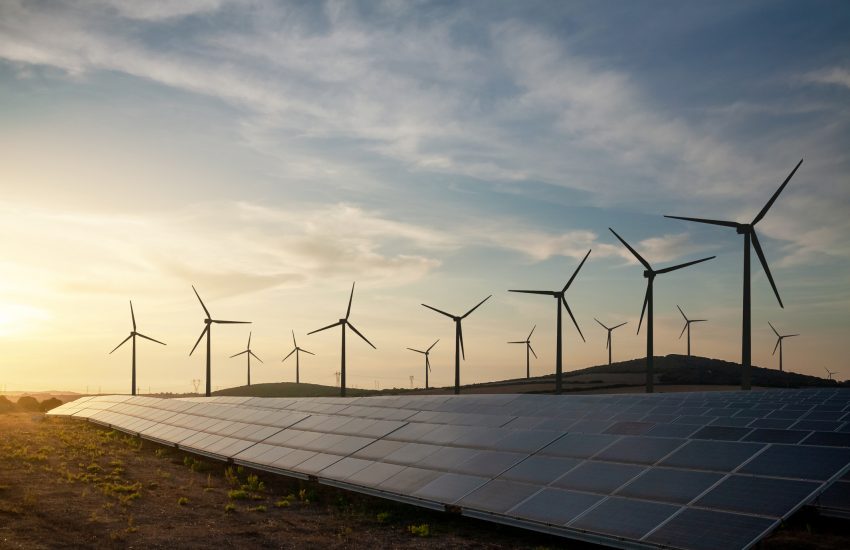Right on the heels of the eye-popping $408 million settlement between a major commercial sterilizer and plaintiffs claiming injuries resulting from exposure to ethylene oxide (EtO) emitted from the company’s Illinois facility (covered by ELM here), the company now faces two different legal actions initiated by two new groups of plaintiffs but similarly stemming from fugitive EtO emissions from the company’s U.S. facilities. These legal battles come at a time when there are not yet viable alternatives to EtO, a highly efficient medical-equipment sterilizing …
Continue Reading









